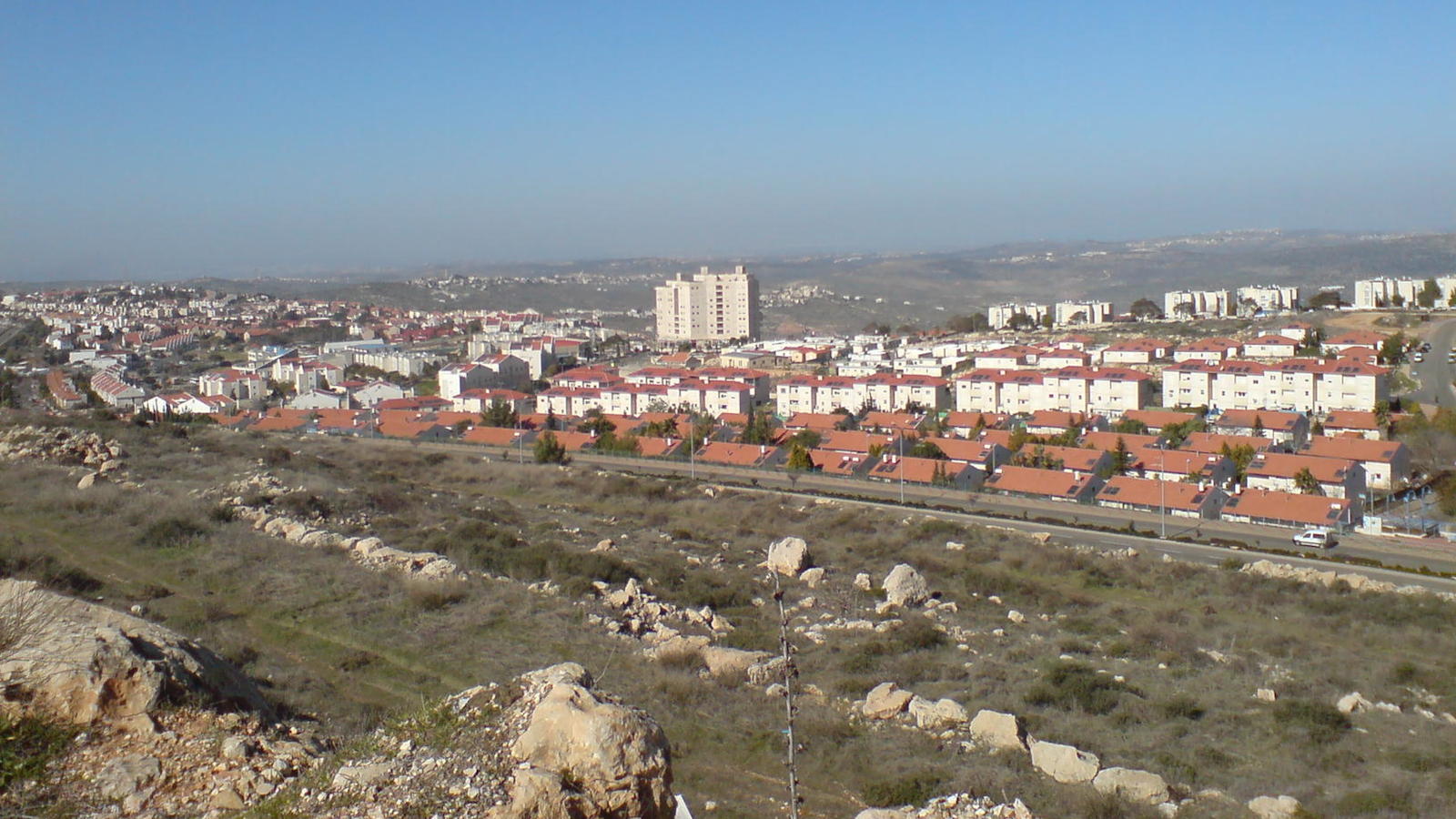Israeli settlements are Jewish communities established after 1967 in territories captured by Israel during the Six Day War, a war in which the Jewish state’s survival was threatened by Egyptian, Syrian, Jordanian and other forces. Today, the term is commonly, though not exclusively, used to refer specifically to communities in the West Bank, which was under Jordanian control prior to 1967. (Previously part of British Mandate Palestine, the West Bank was captured by Jordan in 1948, during Israel’s War of Independence.)
In addition to those in the West Bank, which Israel’s government sometimes refers to as Judea and Samaria, Israeli settlements existed previously in the Gaza Strip and the Sinai peninsula. Since 1967, Israel has also built new Jewish neighborhoods in the Golan Heights and eastern Jerusalem; while Israel does not consider these communities to be settlements, because it has annexed these regions, the international community does not recognize Israeli sovereignty there and considers Jewish communities in the Golan (home to 20,500 Jews as of 2016, according to Haaretz ) and eastern Jerusalem (home to approximately 180,000 Jews as of 2014 according to the Jewish Virtual Library) to be settlements as well.
Find maps of Israeli settlements by a group that supports their growths here.
Find a map of Israeli settlements by a group that opposes their growth here.
With your help, My Jewish Learning can provide endless opportunities for learning, connection and discovery.
Who lives in the West Bank?
The area is today home to roughly 2.7 million Palestinian Arabs, many of them descendants of refugees from Israel’s 1948 War of Independence, and more than 400,000 Jewish settlers. The settler population, now inhabiting some 130 West Bank communities, has more than doubled since the year 2000, when fewer than 200,000 Israelis lived in the West Bank.
Why are the settlements so controversial?
Because they are situated on land that many proponents of a two-state solution say should be part of a future Palestinian state, settlements are widely seen as a chief obstacle to the achievement of an independent and contiguous Palestinian state. Critics of settlements contend that the ongoing presence of these Jewish communities in the West Bank — and the resultant judicial system in which settlers and Palestinians are subject to different treatment and have different rights — will eventually present Israeli leaders with a difficult choice: between granting full citizenship to all Palestinians under its control and thus threatening Israel’s character as a Jewish state or maintaining the status quo, in which West Bank Palestinians are not eligible to become Israeli citizens, and thus threatening Israel’s status as a democracy.
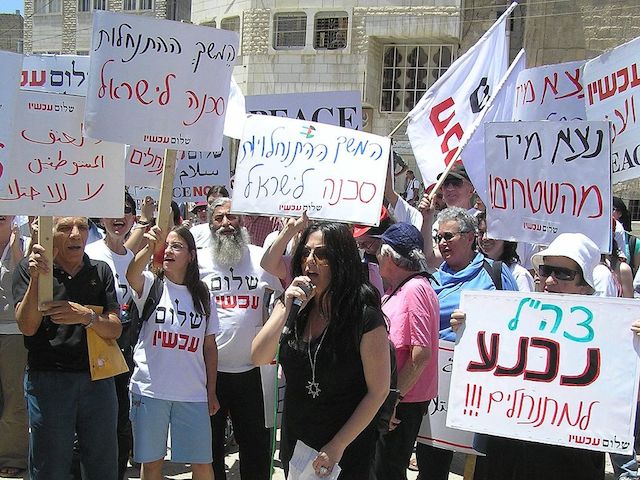
Are settlements the source of the Israeli-Palestinian conflict?
Not by themselves. Among the other issues Israel and the Palestinians agreed to negotiate are the fate of Jerusalem, Palestinian refugees, security and final borders. Many defenders of the settlements point to the fact that Jewish-Arab tensions preceded even the establishment of the State of Israel and that two existential wars were waged against the Jewish state, in 1948 and 1967, at a time when no settlements existed. They note that the existence of settlements in Sinai did not prevent a peace agreement with Egypt, and that the complete unilateral evacuation of settlements from Gaza in 2005 did not lead to a cessation of hostilities there; instead, countless rockets have been launched at Israeli population centers from the coastal territory, which has been governed for nearly a decade by the terrorist group Hamas.
READ: The West Bank’s World-Class Wines Have Some Israelis Toasting the Settlements
What are settlement blocs?
Settlement blocs, sometimes also referred to as consensus settlements, are a handful of settlement groups that are widely expected to remain in Israeli hands under any peace agreement. Overall, these blocs — most of them located just over the Green Line, the pre-1967 boundary between Israel and the areas it took control of in the Six Day War — constitute a tiny percentage of the overall land area of the West Bank but are home to the majority of its Jewish residents. Under this arrangement, Israel would be expected to give up an equivalent amount of its territory inside the Green Line for inclusion in a Palestinian state. The settlements blocs have never been explicitly demarcated, but they are generally understood to include Ma’ale Adumim, Modiin Illit, Ariel and Gush Etzion.
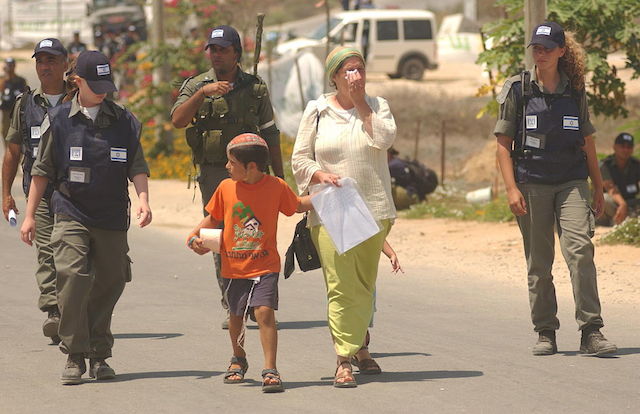
What are outposts?
Outposts are settlements established by Israeli settlers without government approval. They are often rudimentary and established by parking a handful of trailers on a hilltop. As of January 2017, there were 97 such settlements according to Peace Now, an anti-settlement Israeli nonprofit that maintains data on their growth. [ ] Violence has occasionally flared at these outposts, which tend to be established by the most ideological right-wing settlers.
How do settlements affect Palestinians?
Settlements and settlers require protection from the Israeli military, forcing the country to dispatch soldiers to the areas around them. The presence of settlements has led to the establishment of a network of bypass roads reserved for Israeli citizens and military checkpoints that have limited Palestinian freedom of movement, often adding lengthy travel delays. Palestinians and their advocates also claim that the checkpoints and heavy military presence are a source of frequent humiliation and that settlements have taken land that would otherwise be available for their use, making it difficult for Palestinian villages to expand. (Critics of the Palestinians counter that the threat of Palestinian terror attacks makes the military presence and checkpoints necessary.) The vast majority of Palestinians in the West Bank live in two administrative areas, determined by a 1995 agreement between Israelis and Palestinians; those areas comprise roughly 40 percent of the West Bank and are governed by elected Palestinian civil authorities. Citing security concerns, the Israeli military continues to make periodic incursions into those areas.
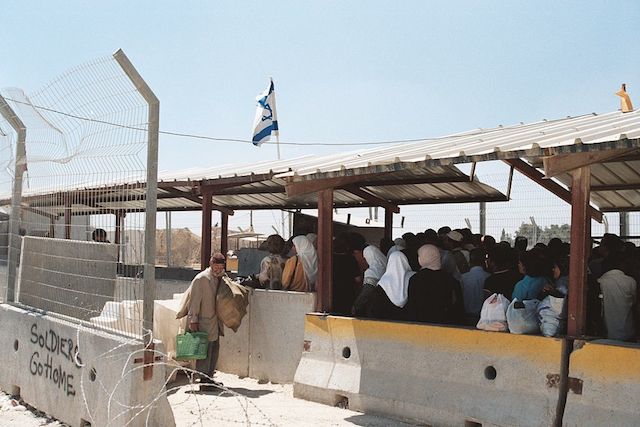
Why do some people refer to the West Bank as Judea and Samaria?
The territory of the West Bank is so named because it lies on the west bank of the Jordan River. Though most of the world refers to the territory by that name, some Jews make a point of using the biblical names Judea and Samaria — in Hebrew, Yehuda and Shomron. As with much else related to the Israeli-Palestinian conflict, the usage of these terms is politically loaded. To proponents of using Judea and Samaria, the terms underscore the region’s deep Jewish roots and counter the perception that Israel’s presence there is illegitimate. Others say that using Judea and Samaria serves to obscure the longstanding Palestinian connection to the land.
Why did Israel encourage Jews to settle in the West Bank?
While Jews have lived in the West Bank for centuries, and some settlements are re-established communities that were destroyed during or in the years leading up to Israel’s War of Independence, most contemporary settlements were established after the Israeli victory in the Six-Day War. These post-1967 settlements were originally clustered predominantly in the strategically important Jordan Valley region and at sites of religious or historical significance south of Jerusalem. Early on, Israeli governments on both the left and the right supported the settlements in the belief that they gave the country strategic depth, widening the area under Israeli control and helping to defend against an attack from the east. Over time, the settlement project expanded, with some Israeli leaders asserting Jews had a right to settle in any territory of historic Jewish significance, which includes much of the West Bank. Others warned that settlements were untenable and made Israel less secure.
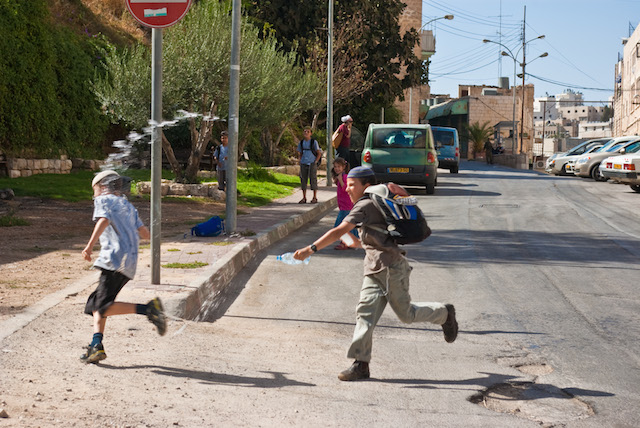
Why do Israelis choose to live in settlements?
For some, the West Bank offers an enhanced quality of life, enabling residents to live in less congested areas within commuting distance of major Israeli cities at a more affordable cost. The lower cost in part stems from Israeli government subsidies for housing in the settlements. Other Israelis have chosen to reside in the settlements for ideological reasons. These are typically highly nationalist or religious individuals — or both. Ideological settlers are generally the most devoted to the settlement enterprise and populate the more remote areas of West Bank further from the Green Line.
Whatever happened to the Jewish settlements in Gaza and Sinai?
In 2005, Israel unilaterally withdrew from Gaza, dismantling all of the 21 Jewish communities there and another four in the northern West Bank, and removing approximately 8,000 Jewish residents. In addition, following Israel’s 1979 peace treaty with Egypt, the settlements in Sinai, most notably the community of Yamit, were dismantled and their residents resettled in Israel.
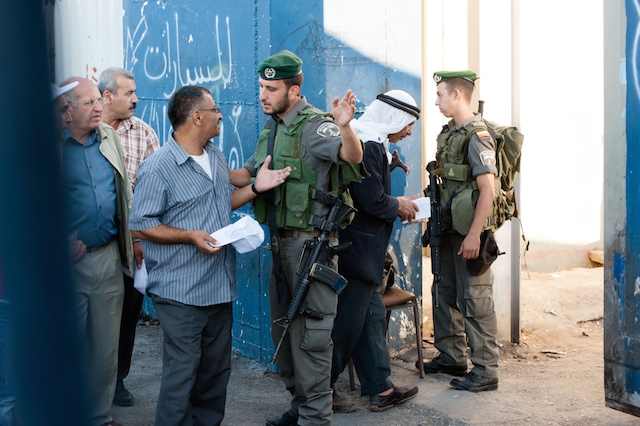
What is Israeli public opinion on settlement activity?
Today, Israeli settlements enjoy firm support from Israel’s right-wing political parties, but polling indicates they are a divisive issue among Israelis generally. A 2014 survey found that about one-third of Israeli Jews see the settlements as illegal and as impediments to peace. A 2016 study found that a slim majority of Israelis (51.6 percent) think the settlements have helped Israel’s national interests. Another 39.3 percent of Israelis believe they have harmed its interests.
Where does the American government stand on settlement expansion?
Until the presidency of Donald J. Trump, who appointed a pro-settlement ambassador to Israel, successive U.S. administrations, while staunchly supportive of Israel’s right to exist and defend itself, have criticized Israeli settlement growth. Despite the known views of its ambassador to Israel, David Friedman, the Trump administration noted in February 2017 that settlement expansion“may not be helpful” to advancing peace in the region.
Are settlements legal under international law?
Most of the world believes settlements contravene the Fourth Geneva Convention, which bars an occupying power from transferring parts of its population into occupied territory. The illegality of Israeli settlements has been upheld by numerous international bodies, including the U.N. Security Council in a controversial resolution adopted in December 2016. Israel maintains that the territory is not legally occupied since there was no recognized sovereign power in the West Bank at the time it seized the territory. (Jordan controlled the land at that time.) Israel prefers to refer to the West Bank as “disputed” territory whose final status will be resolved through peace negotiations.
Yehuda
Pronounced: yuh-HOO-dah or yuh-hoo-DAH (oo as in boot), Origin: Hebrew, Judah, one of Joseph's brothers in the Torah.
